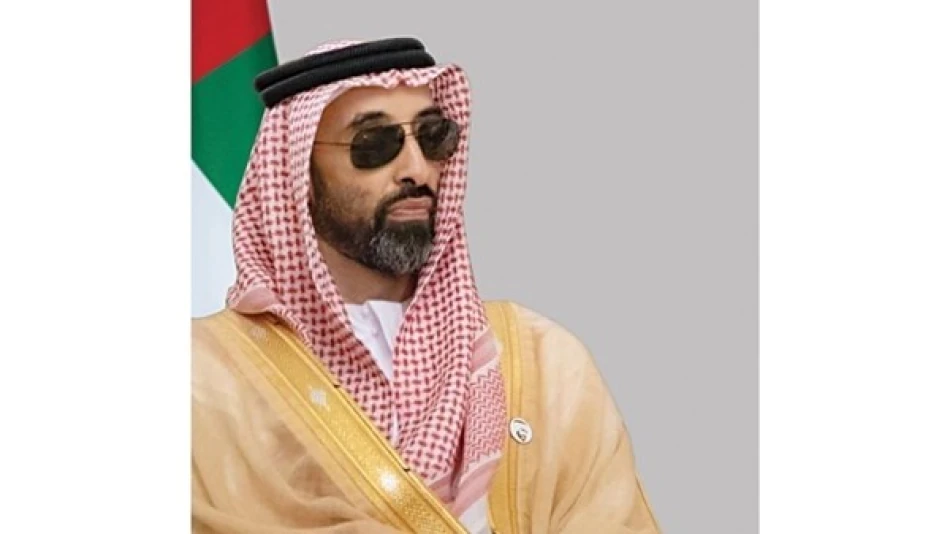
UAE Vice President Reflects on Union's Legacy: A Pivotal Moment in UAE's History
UAE Leadership Reaffirms Federal Unity as Foundation for National Strength
Sheikh Tahnoun bin Zayed Al Nahyan, Deputy Ruler of Abu Dhabi, has emphasized the enduring significance of the UAE's federal union as the cornerstone of the nation's power and progress. His remarks, marking the anniversary of the Union Pledge Day, underscore how the Emirates' founding principles continue to guide the country's strategic direction amid regional challenges and global economic transformation.
Historical Foundation Remains Strategic Blueprint
In a statement posted on his official X platform account, Sheikh Tahnoun described the Union Pledge Day as a pivotal historical milestone that reflects the strategic vision adopted by the UAE's founding leaders. The emphasis on consensus-building and unity as "sound vision" points to the deliberate institutional design that has allowed the Emirates to maintain stability while other regional powers have faced internal divisions.
The reference to the founding leaders' approach highlights how the UAE's federal structure, established in 1971, created a unique model in the Arab world—one that balanced emirate-level autonomy with federal coordination. This system has proven particularly valuable as the country has diversified its economy beyond oil and positioned itself as a global hub for finance, technology, and trade.
Unity as Competitive Advantage in Global Markets
Sheikh Tahnoun's assertion that "the union is the source of our strength and pride" carries significant implications for investors and international partners. The UAE's federal cohesion has been a key factor in its ability to implement consistent economic policies, from cryptocurrency regulation to renewable energy investments, without the political gridlock that affects other federal systems.
This institutional stability has enabled the Emirates to attract over $20 billion in foreign direct investment annually and maintain its position as the Middle East's financial gateway. The unified approach has been particularly evident in the country's response to global economic shifts, from the 2008 financial crisis to the COVID-19 pandemic.
Leadership Continuity Signals Policy Predictability
The Deputy Ruler's reference to President Sheikh Mohamed bin Zayed Al Nahyan's leadership and the cooperation among emirate rulers reinforces the message of institutional continuity. For international businesses and sovereign wealth funds, this leadership stability translates into policy predictability—a crucial factor when making long-term investment decisions in emerging markets.
Unlike other regional powers where succession questions create uncertainty, the UAE's federal structure and established governance protocols provide clearer frameworks for leadership transitions and policy continuity. This has become increasingly important as the country pursues ambitious projects like the UAE Consensus for COP28 and its Mars exploration program.
Regional Context and Strategic Implications
The timing of these remarks reflects broader regional dynamics where federal unity has become a differentiating factor. While other Gulf states have centralized power structures, the UAE's federal model has allowed for more flexible responses to economic challenges and opportunities. This has been evident in how different emirates have specialized—Dubai in trade and tourism, Abu Dhabi in energy and finance, Sharjah in culture and education.
The emphasis on protection and advancement of the state also signals continued focus on security and economic resilience, themes that resonate with international partners seeking stable relationships in an volatile region. For global markets, this represents continued confidence in the UAE as a reliable partner for everything from energy security to technological innovation.
Most Viewed News

 Layla Al Mansoori
Layla Al Mansoori






